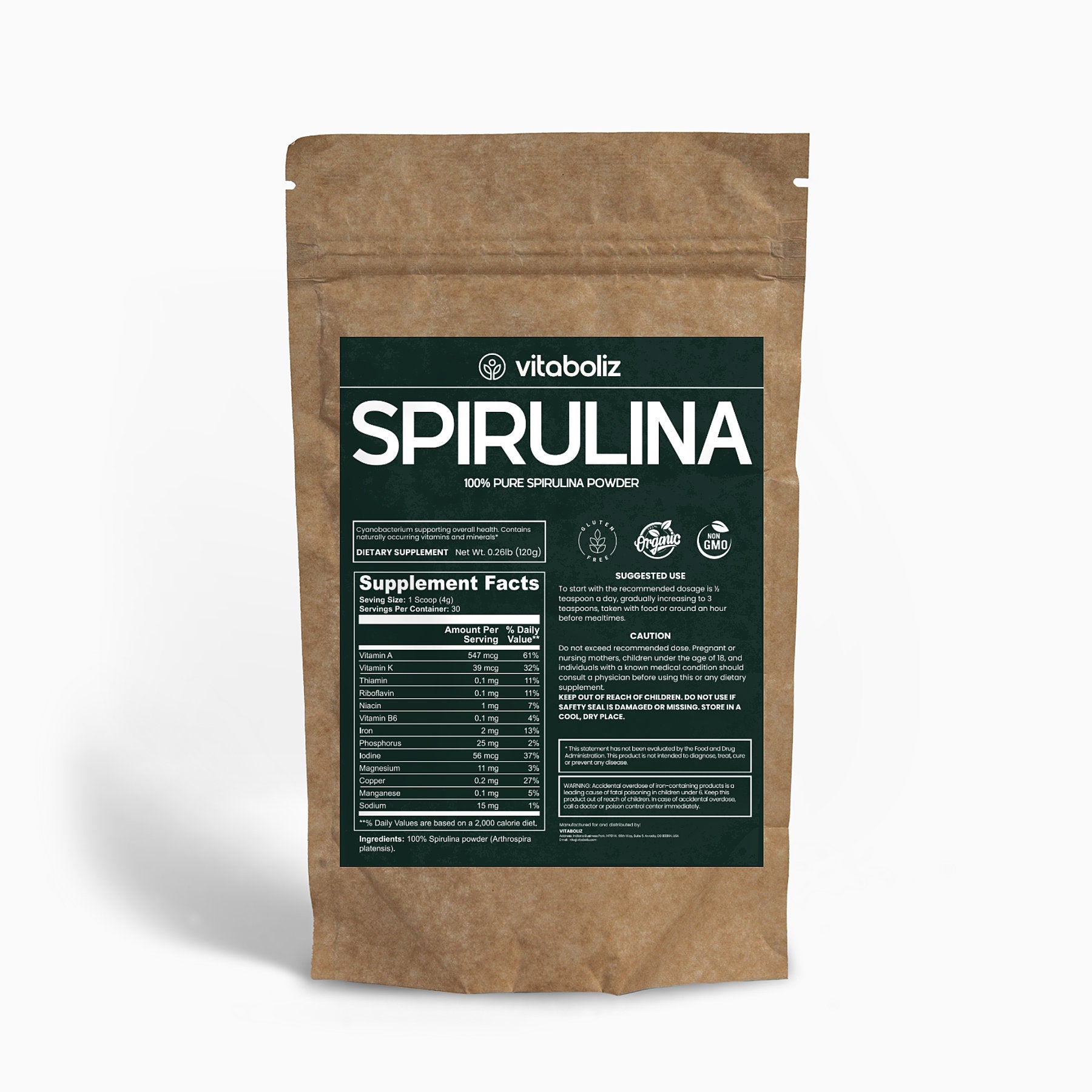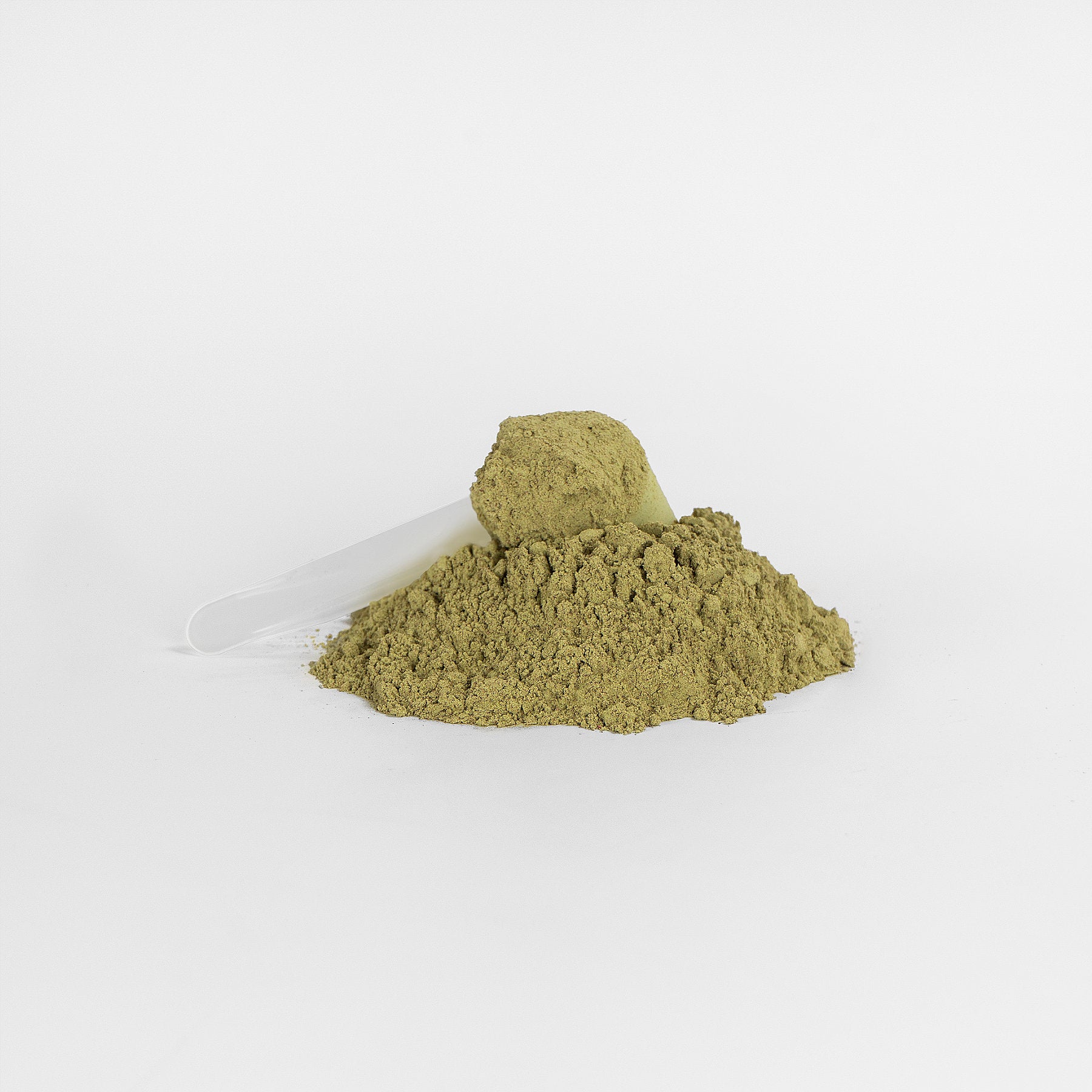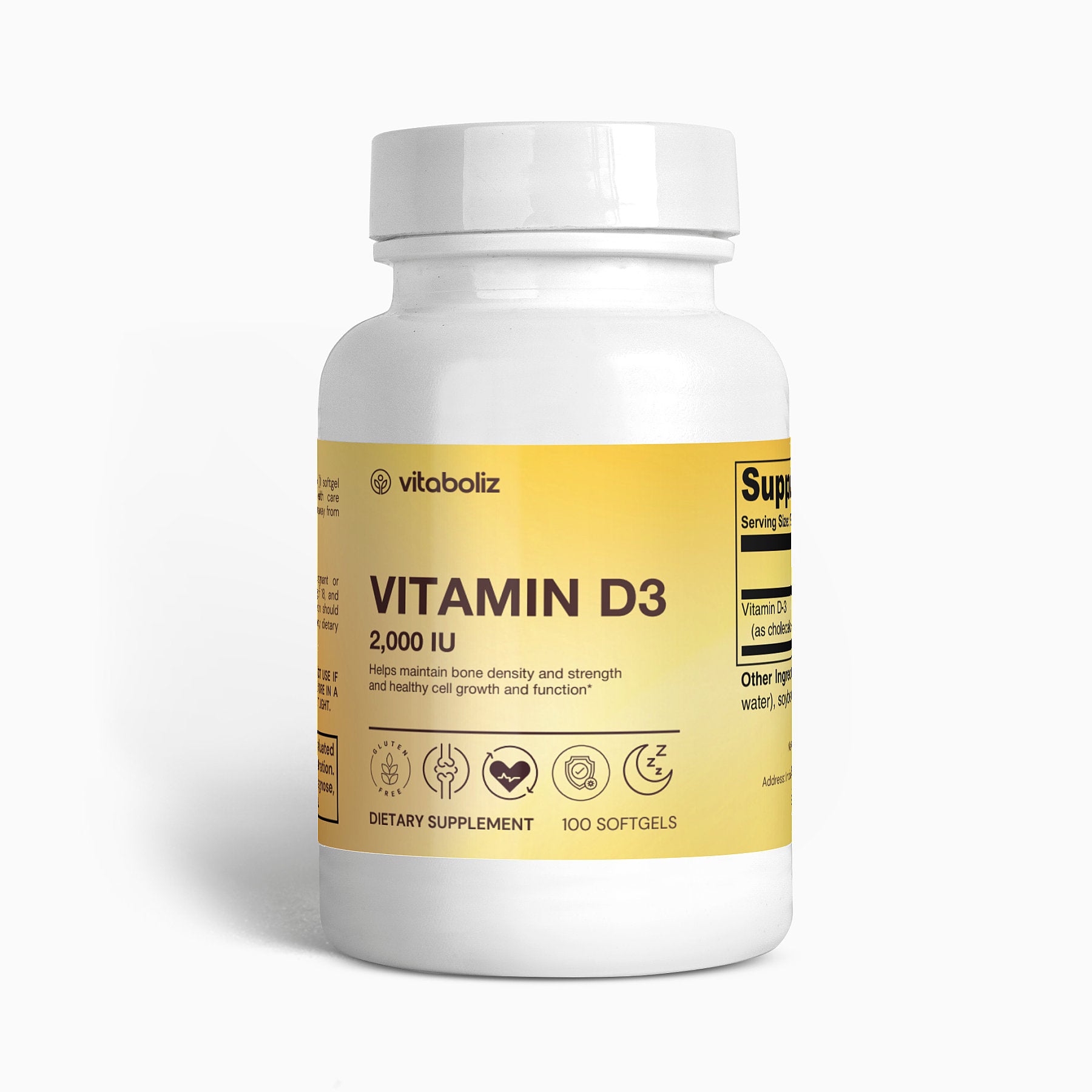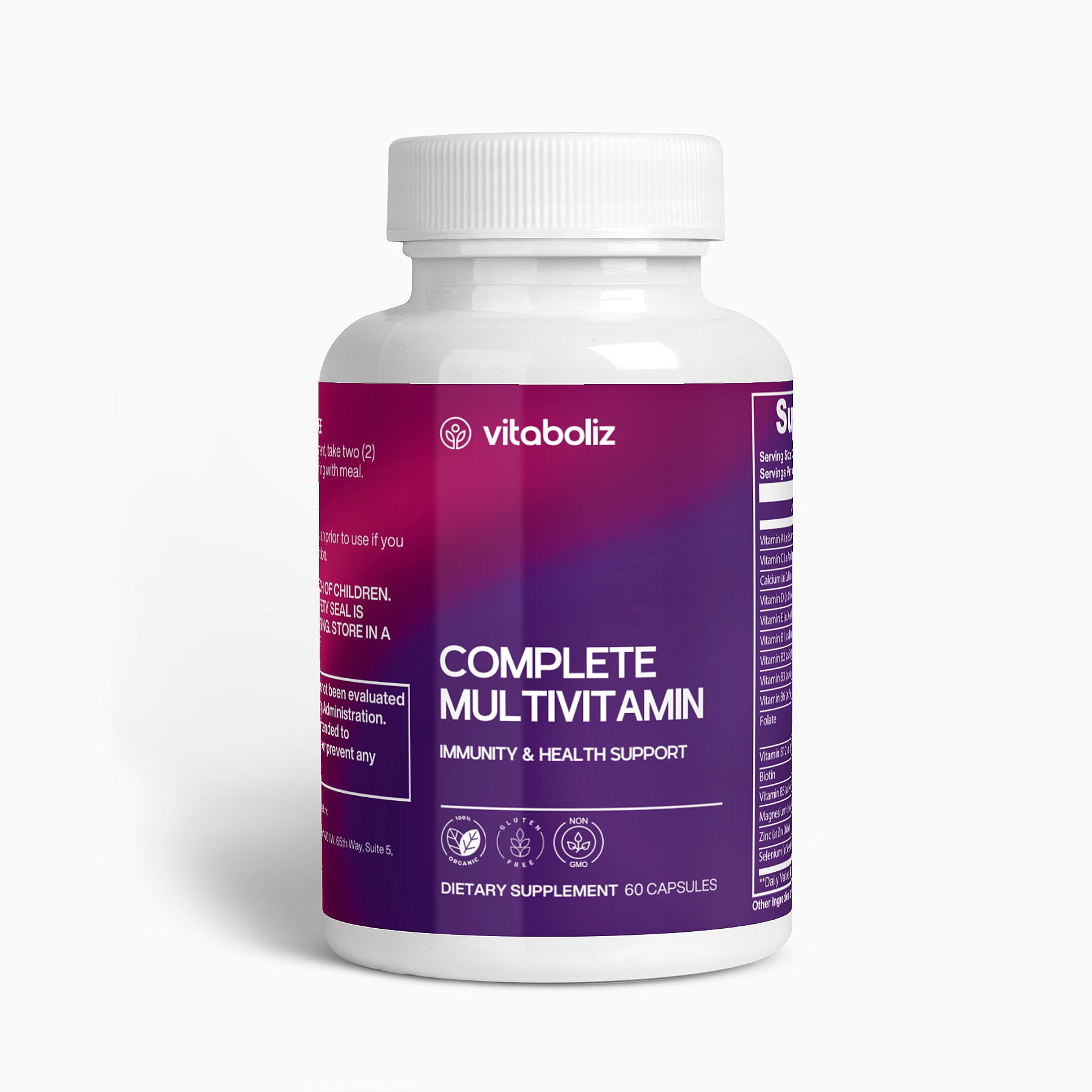Whey protein is one of the most popular supplements in the fitness and health industry, known for its impressive range of benefits. Derived from milk during the cheese-making process, whey is a complete protein containing all nine essential amino acids. This article explores the myriad benefits of whey protein and why it’s a staple for athletes, bodybuilders, and health enthusiasts alike.
What is Whey Protein?
Whey protein is a mixture of proteins isolated from whey, the liquid part of milk that separates during cheese production. It is highly valued for its high biological value and quick absorption rate, making it an efficient protein source for muscle recovery and growth.
Key Health Benefits of Whey Protein
1. Promotes Muscle Growth
One of the most well-known benefits of whey protein is its ability to promote muscle growth. Whey protein is rich in branched-chain amino acids (BCAAs), particularly leucine, which is known to stimulate muscle protein synthesis at the molecular and genetic level.
A study published in the American Journal of Clinical Nutrition found that whey protein supplementation, in combination with resistance training, significantly increased muscle mass and strength in both men and women compared to a control group.
2. Enhances Recovery
Whey protein is highly effective in enhancing muscle recovery post-exercise. The fast-digesting nature of whey allows for rapid delivery of amino acids to the muscles, reducing muscle soreness and speeding up the repair process.
Research in the Journal of the International Society of Sports Nutrition demonstrated that athletes who consumed whey protein after intense workouts experienced reduced muscle damage and faster recovery times.
3. Supports Weight Management
Incorporating whey protein into your diet can support weight management. Protein is known to increase satiety, helping to reduce overall calorie intake. Additionally, whey protein can boost metabolism through its thermogenic effect.
A study in Obesity Reviews highlighted that individuals who consumed whey protein as part of a high-protein diet experienced greater fat loss and preserved more lean muscle mass compared to those on lower-protein diets.
4. Boosts Immune Function
Whey protein contains immunoglobulins and lactoferrin, which are proteins that support the immune system. Regular consumption of whey protein can help strengthen the body's defense mechanisms, making it more resilient to infections and illnesses.
5. Improves Overall Health
Whey protein has been shown to lower blood pressure, reduce inflammation, and improve blood lipid profiles, contributing to better cardiovascular health. It is also beneficial for managing blood sugar levels, making it a great supplement for individuals with type 2 diabetes.
Types of Whey Protein
There are three main types of whey protein:
- Whey Protein Concentrate (WPC): Contains low levels of fat and carbohydrates, with protein content varying between 30-90%.
- Whey Protein Isolate (WPI): Processed to remove all fat and lactose, providing a higher protein content of 90% or more.
- Whey Protein Hydrolysate (WPH): Predigested form of whey that allows for faster absorption and is often used in medical protein supplements and infant formulas.
How to Incorporate Whey Protein into Your Diet
Whey protein can be easily incorporated into your diet in various ways:
Protein Shakes
One of the most common methods is mixing whey protein powder with water or milk to create a protein shake. This is a convenient option post-workout to enhance muscle recovery and growth.
Smoothies
Add whey protein powder to your favorite smoothies for an added protein boost. Combine fruits, vegetables, and whey protein for a nutritious and satisfying meal replacement or snack.
Baking and Cooking
Whey protein can also be used in baking and cooking. Add it to pancakes, muffins, and oatmeal to increase the protein content of your meals.
Potential Side Effects and Precautions
While whey protein is generally safe for most people, it’s important to be aware of potential side effects and take precautions.
Common Side Effects
- Digestive Issues: Some individuals may experience digestive discomfort, such as bloating, gas, or diarrhea, particularly those who are lactose intolerant.
- Allergic Reactions: Rarely, some people may have allergic reactions to whey protein, especially those with a dairy allergy.
Precautions
- Consult a Healthcare Provider: Before starting any new supplement, especially if you have underlying health conditions or are taking other medications.
- Monitor Protein Intake: Ensure you are not consuming excessive amounts of protein, as it can strain the kidneys over time.
Conclusion
Whey protein is a versatile and highly effective supplement for enhancing muscle growth, recovery, weight management, and overall health. Its complete amino acid profile, fast absorption, and numerous health benefits make it an invaluable addition to any fitness or health regimen.
Frequently Asked Questions (FAQs)
Q: What are the side effects of whey protein?
A: Some common side effects include digestive issues like bloating, gas, or diarrhea, especially in those who are lactose intolerant. Rarely, allergic reactions such as itching or rash may occur.
Q: How long does it take to see the benefits of whey protein?
A: The effects can vary depending on individual goals and usage. Some people may notice improved muscle recovery and growth within a few weeks, while others might take longer.
Q: Can I take whey protein with other supplements?
A: Yes, whey protein can generally be taken with other supplements. However, it’s advisable to consult with a healthcare provider to avoid any potential interactions.
Q: Is whey protein safe for long-term use?
A: Current research suggests that whey protein is safe for long-term use, but it’s important to monitor your protein intake and consult a healthcare provider for personalized advice.
Q: How should I store whey protein?
A: Store whey protein in a cool, dry place away from direct sunlight to maintain its potency and effectiveness.




















